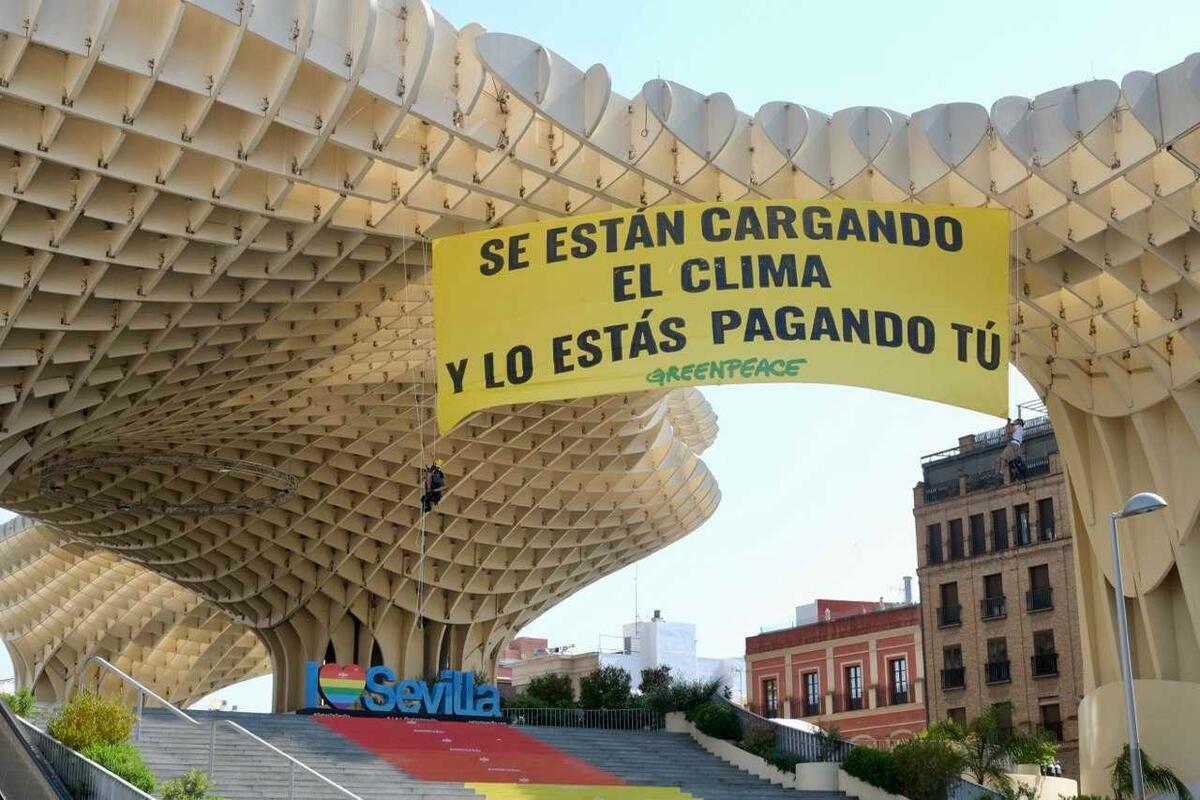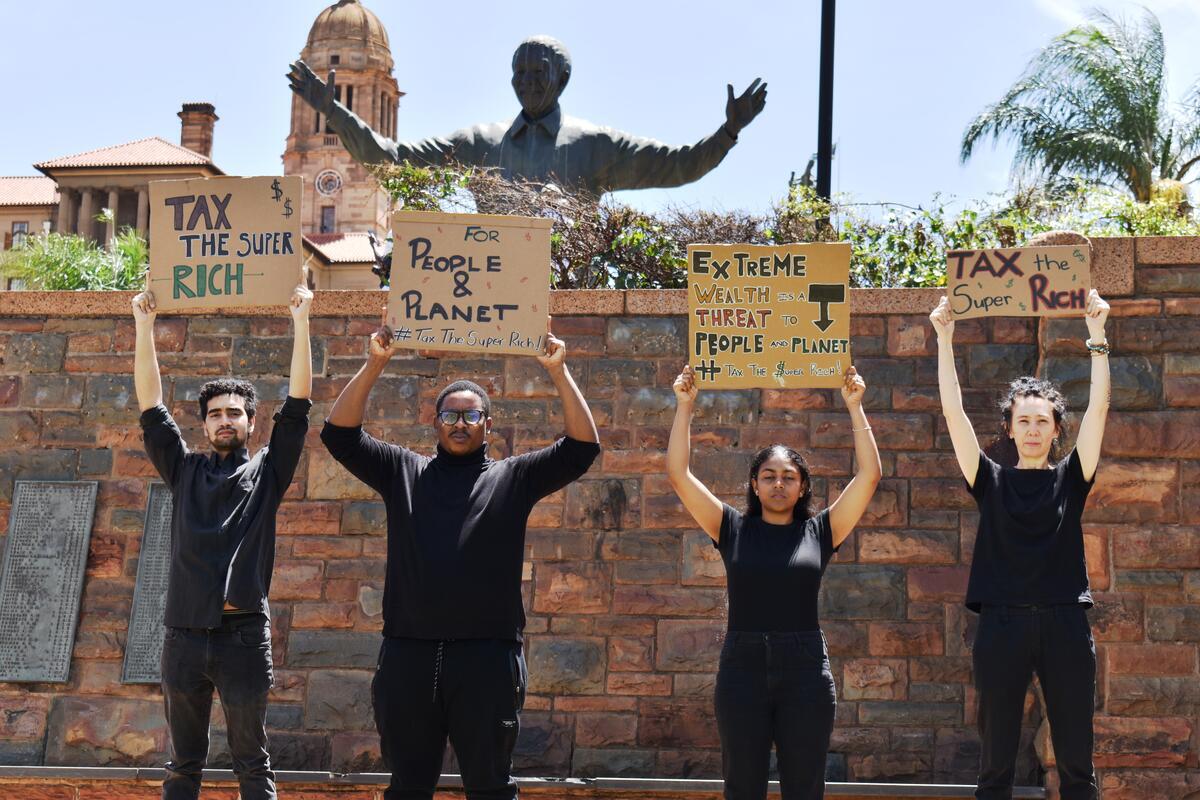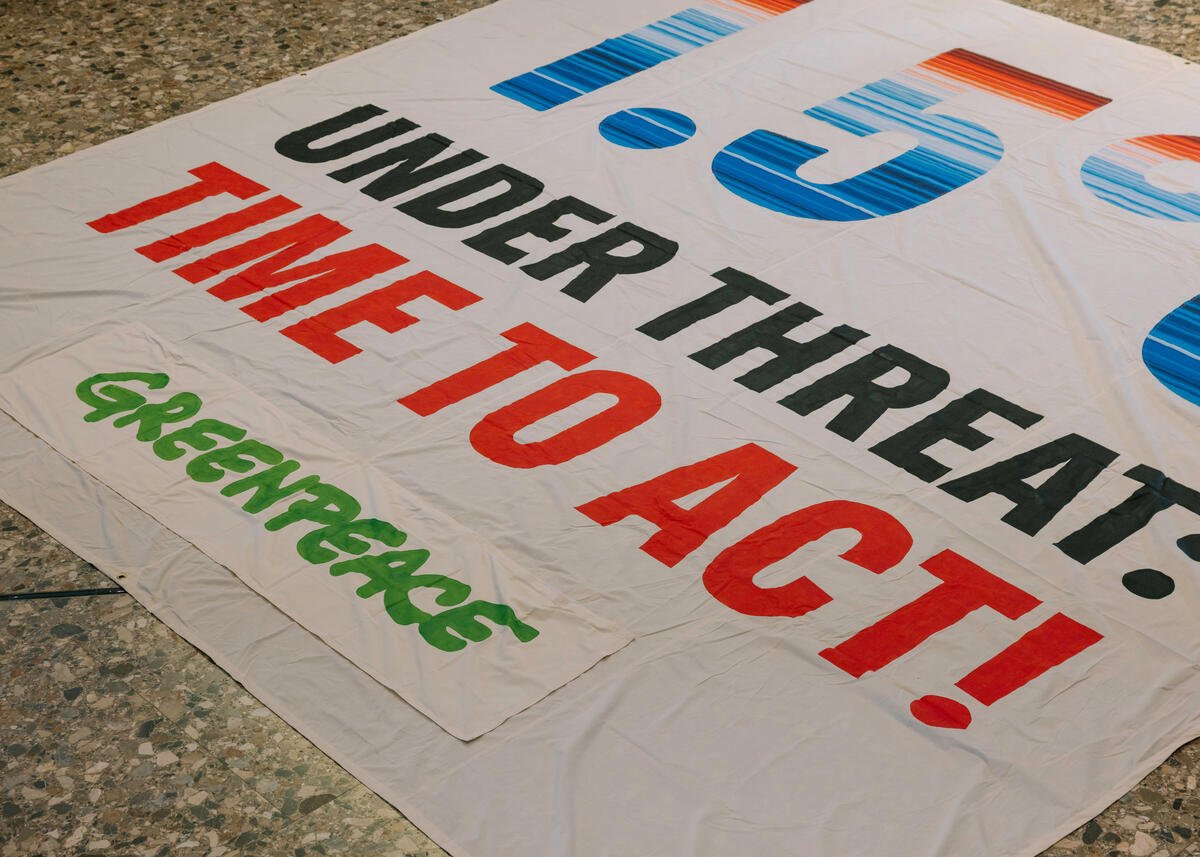We are facing a triple crisis globally: a public health crisis, an economic crisis and an ecological crisis, all which require just solutions. International debt payment cancellation is a solution we can use in our post-COVID recovery.
Why we need to cancel debt payments
Unconditionally cancelling international debt payments is the fastest way to keep money in countries that need it the most and free up resources to tackle the urgent economic crises resulting from the COVID-19 global pandemic and the climate crisis.
As more than 30 countries around the world currently face a default on international debt payments it is inarguably long overdue to rethink a broken financial model: the COVID-19 pandemic has only further burdened these economies and many more will emerge from this crisis with even higher unsustainable debts.
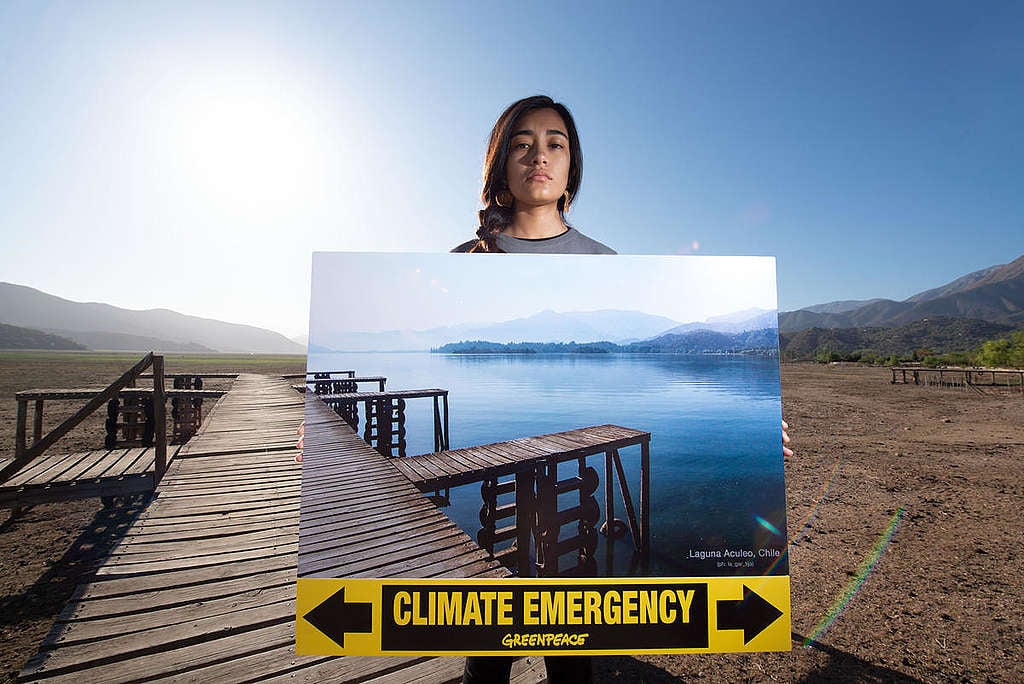
What debt cancellation means
Argentina is one of the nations currently facing the devastating prospect of default on international debt payments. This month, Argentina’s government is up against the deadline of meeting an interest payment of US$500 million to international creditors (a group that includes the private asset management company BlackRock), on a US$65 billion debt. Failure to meet the payment, or negotiate a compromise, results in default for Argentina.
Our first priority must be the health and wellbeing of people, which are both at higher-risk during the COVID-19 pandemic. That means ensuring health care systems have the resources to respond to the crisis in real-time and ensuring all people have access to vital infrastructure like clean water, meeting basic human needs with dignity. To create resilience against the spread of future diseases, we also need a healthy and thriving environment.
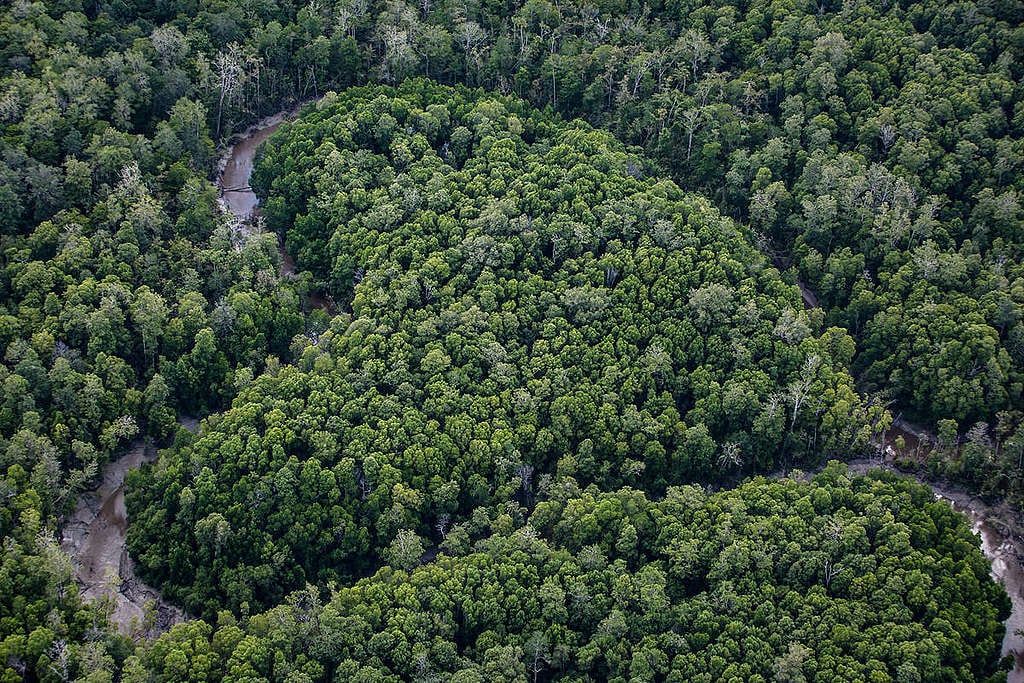
Prioritising paying off debt repayments in foreign currency weakens capacity to respond to the health crisis and keeps global south countries locked in an extractivist development model: to earn more dollars to pay interest on debts, countries are pushed to increase exports from the industries that are causing the biggest destruction to key ecosystems.
This results in destructive practices like deforestation, exploitation of ocean resources and intensified mining. This destruction continues and in some places, is growing, during the COVID-19 crisis. Even during a pandemic, we’re seeing that forest-destroyers and ocean-looters don’t stop.
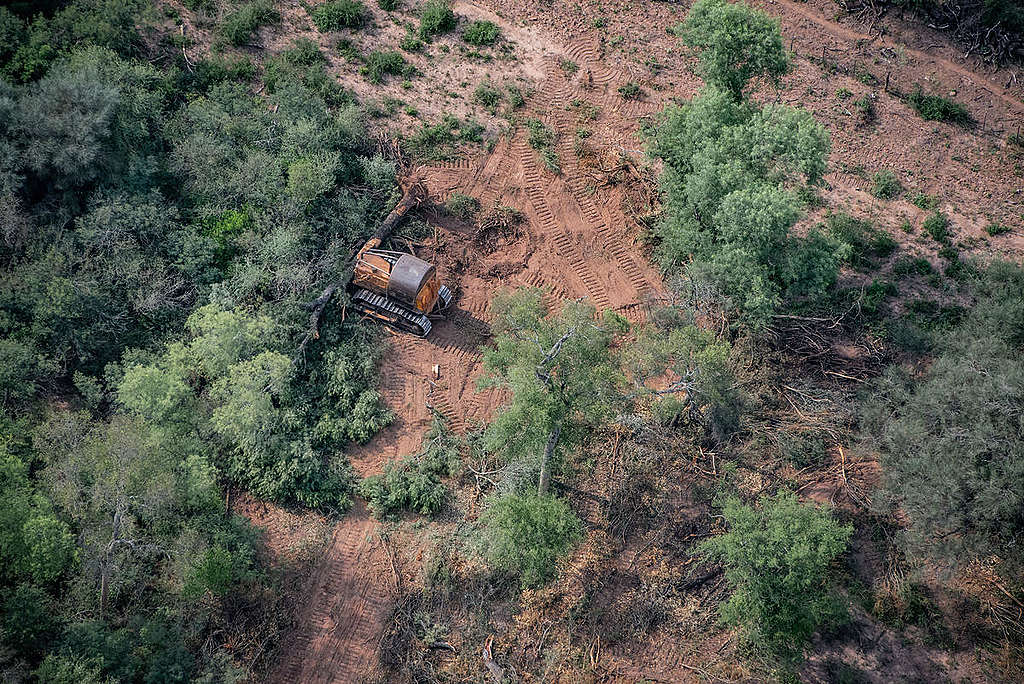
This is why Greenpeace is calling for unconditional cancellation of all external debt payments due by Argentina – and all global south countries – along with the provision of emergency additional finance which does not create new debt.
Solutions must be comprehensive and an immediate cancellation of debt payments should be linked to a sustainable and long-term approach for debt crisis resolution. Debt relief is not a quick fix and does not solve pre-existing conditions of corruption and incompetence but is an immediate step to free up resources for a just and green recovery.
How debt cancellation happens
Debt cancellation occurs when creditors cancel debts. Unconditional debt cancellation for the global south would enact lenders – financial institutions, private debt owners and governments – to cancel all outstanding debts and free public money.
We need a strong plan for post-COVID recovery globally, a just and green future based on a more inclusive, equitable economic system that operates within the environmental limits of our planet by putting ecology at the center of decision-making. This means zero deforestation, shifting land-use to support small producers and farmers, no new expansion of fossil fuel or mineral extraction and instead, the restoration of critical ecosystems and creation of new forests and oceans reserves – which can generate the creation of new jobs.
Although this would be a new paradigm for our modern-industrialised society, it’s not really a new idea. We have a lot to learn from Indigenous Peoples, their ways of life and relating to nature.
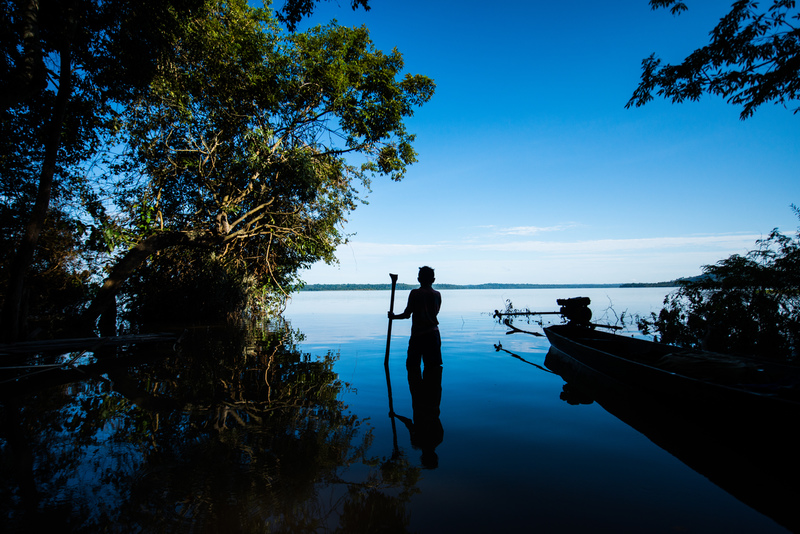
We cannot achieve social and environmental justice as long as the priority is given to an unequal development model. Rather than continuing to destroy the planet to pay debts, we need an economic model of development that focuses on a Just Transition for people and for nature.
We need to start this transition today. Releasing the burden of international debt creates the opportunity for a reset we need in our post-COVID recovery.
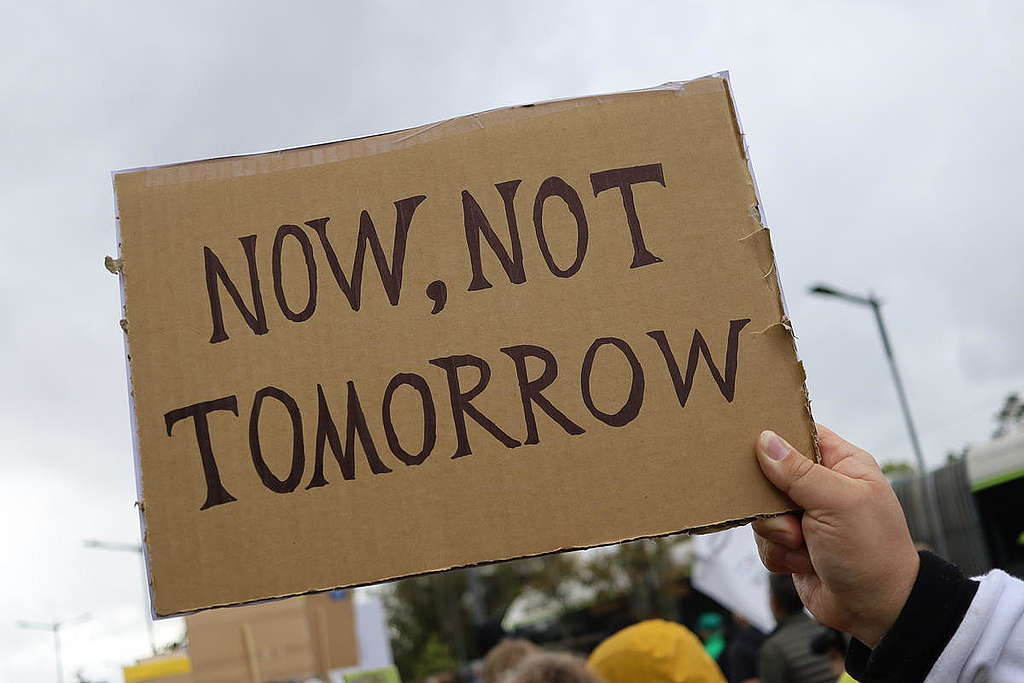
Author: Amanda Starbuck
Amanda is Programme Director at Greenpeace Argentina

